An exhibition showcases photographs historian William Dalrymple captured while researching for his next book
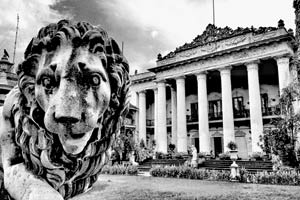
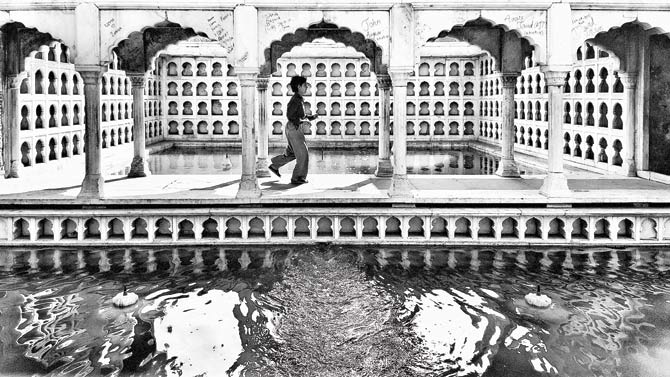
Shalimar Bagh in Lucknow
ADVERTISEMENT
It is completely terrifying, and equally fascinating, when you put The East India Company in the context of a mere office building in London in the early 18th century. It was no more than five windows wide, and had less than 35 permanent staff members. Yet, thanks to its own private military, it went on rewrite the entire history of the modern world, looting, starving and murdering countless people under the guise of doing business. What they essentially committed was corporate crime at its absolute worst.
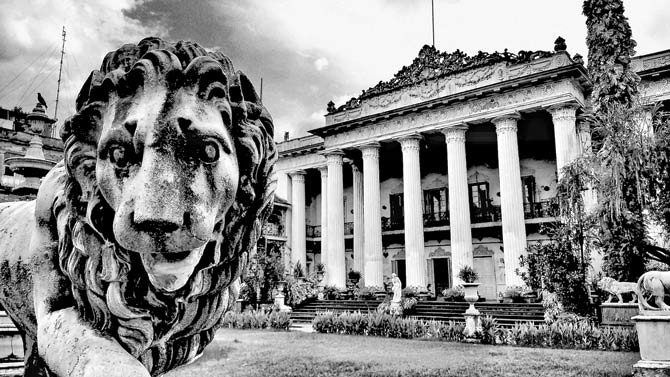
Marble Palace in Kolkata. Picsâu00c2u0080u00c2u0088courtesy/Tasveer
"It was like Google with fighter jets, or Facebook with artillery regiments," says author and historian William Dalrymple, ahead of his visit to Mumbai for an exhibition that showcases photographs he took around the Indian sub-continent while researching for The Anarchy, a book he is writing on the conflict between the Company and the Mughals, and which he considers to be his magnum opus.
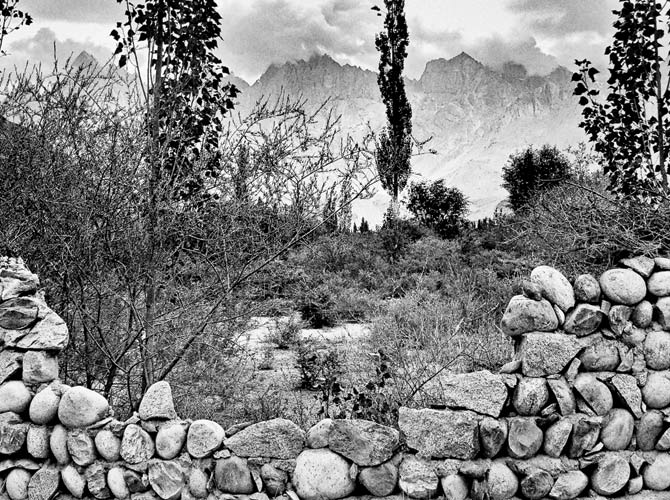
Siachen in Gilghit, Pakistan
Photographs, Dalrymple feels, are a vital part of the writing process. "I believe that you can't write a book on history unless you understand the landscape that it was set in. For example, the Battle of Assaye took place near the ghats of Ajanta. So in my head, I had this image of plunging gorges of the sort that you have around the area. But when I actually went to the site of the battle, I saw that it was a completely flat plain, with a river running through the middle. It could not have been more different than the idea I had in my head. And I would have given a completely daft description of the battle unless I had physically visited the place," he says.
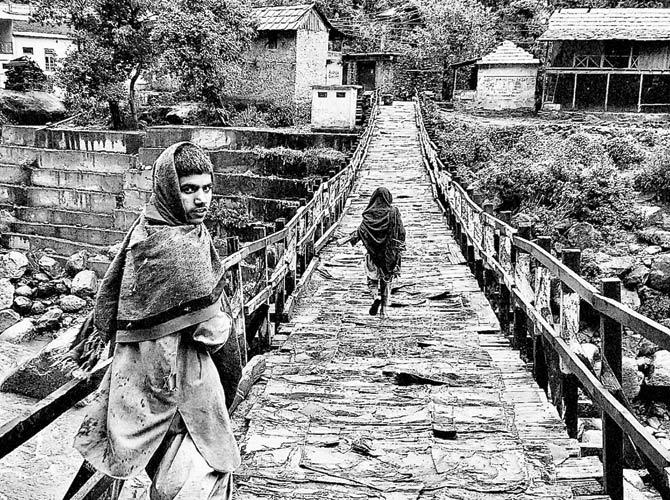
Chamba in Kashmir after the monsoon
Dalrymple adds, "I use the photographs I take when I write, along with the notes that I have made. I always have photos on my desk, or on my phone or screen, which I refer to. So it's definitely a part of the writing process, and I also hope that they are beautiful things in their own right."

William Dalrymple
He also reveals that the central character in The Anarchy is Shah Alam, one of the later Mughal emperors, whose life involved a series of unfortunate events. "He starts off like Prince Caspian [from The Chronicles of Narnia] by cutting his way out of Delhi. The kingdom has been seized by this vile 16-year-old tyrant who has killed the earlier emperor and placed Shah Alam's father on the throne. So he is a lot like the evil vizier in The Lord of the Rings. It's such a trope from fiction, except that it's true in this case. And the tyrant tries to kill Shah Alam as well. But he escapes and for the rest of his life, he tries to recapture that kingdom and restore the Mughal empire. At various points, it looks like he is going to succeed. But he never does. And in the end, he dies as this tragic blinded figure in a ruined palace," Dalrymple says.
He adds that the research for the book involved tracing Shah Alam's journey, saying, "I have been to some extraordinary places in the process. And this is an exhibition of the world that he would have known, but not necessarily of just the places he had been to. For example, there are places like Srirangapatnam, where his enemy Tipu Sultan lived, or Calcutta, where the British Governor General stayed. So I have tried to photograph the 18th century world that I am writing about, and to capture the elegiac feeling of loss that you get from that period."
Till: May 3, 11 am to 6.30 pm
At: Akara Art, Apollo Bunder, Colaba
Call: 22025550
Catch up on all the latest Mumbai news, crime news, current affairs, and also a complete guide on Mumbai from food to things to do and events across the city here. Also download the new mid-day Android and iOS apps to get latest updates
 Subscribe today by clicking the link and stay updated with the latest news!" Click here!
Subscribe today by clicking the link and stay updated with the latest news!" Click here!






